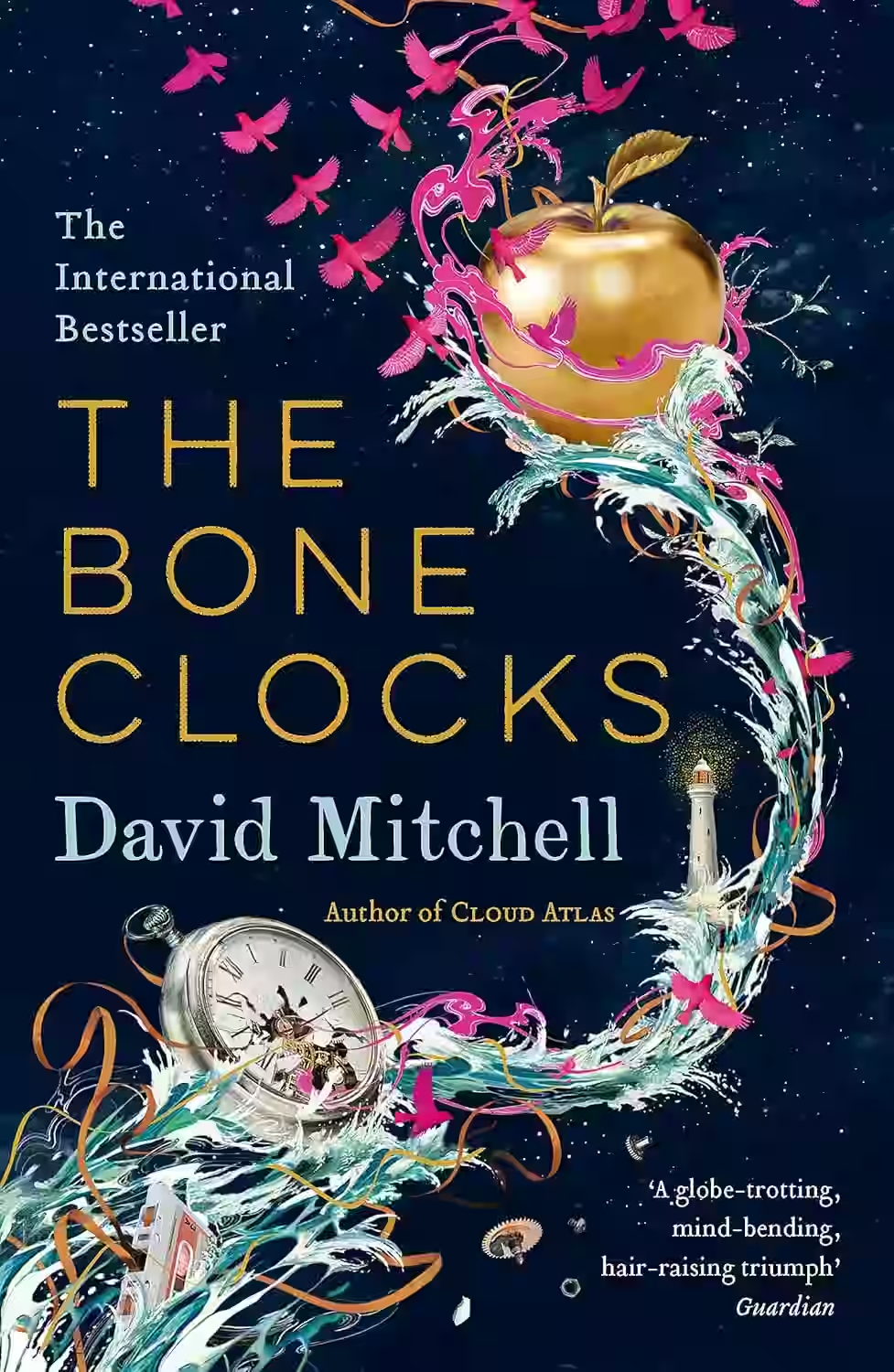
In David Mitchell's ambitious novel 'The Bone Clocks,' he weaves a complex tapestry of interconnected stories that span across decades and genres. At its core, the book delves into themes of time, mortality, and the blurred lines between reality and fantasy. Through the eyes of protagonist Holly Sykes, readers are taken on a journey that combines elements of fantasy, mystery, and science fiction. Mitchell's intricate storytelling and vivid characters keep readers captivated as they navigate through different timelines and dimensions. 'The Bone Clocks' is a thought-provoking and immersive read that challenges perceptions of life and death.
About David Mitchell
A British author known for his ambitious and stylistically diverse novels, including Cloud Atlas and The Bone Clocks. Mitchell masterfully interweaves multiple narratives, time periods, and genres, exploring themes of interconnectedness, reincarnation, and the cyclical nature of history. His innovative structures and compelling characters have established him as a significant and inventive voice in contemporary literature.
Other Books by David Mitchell
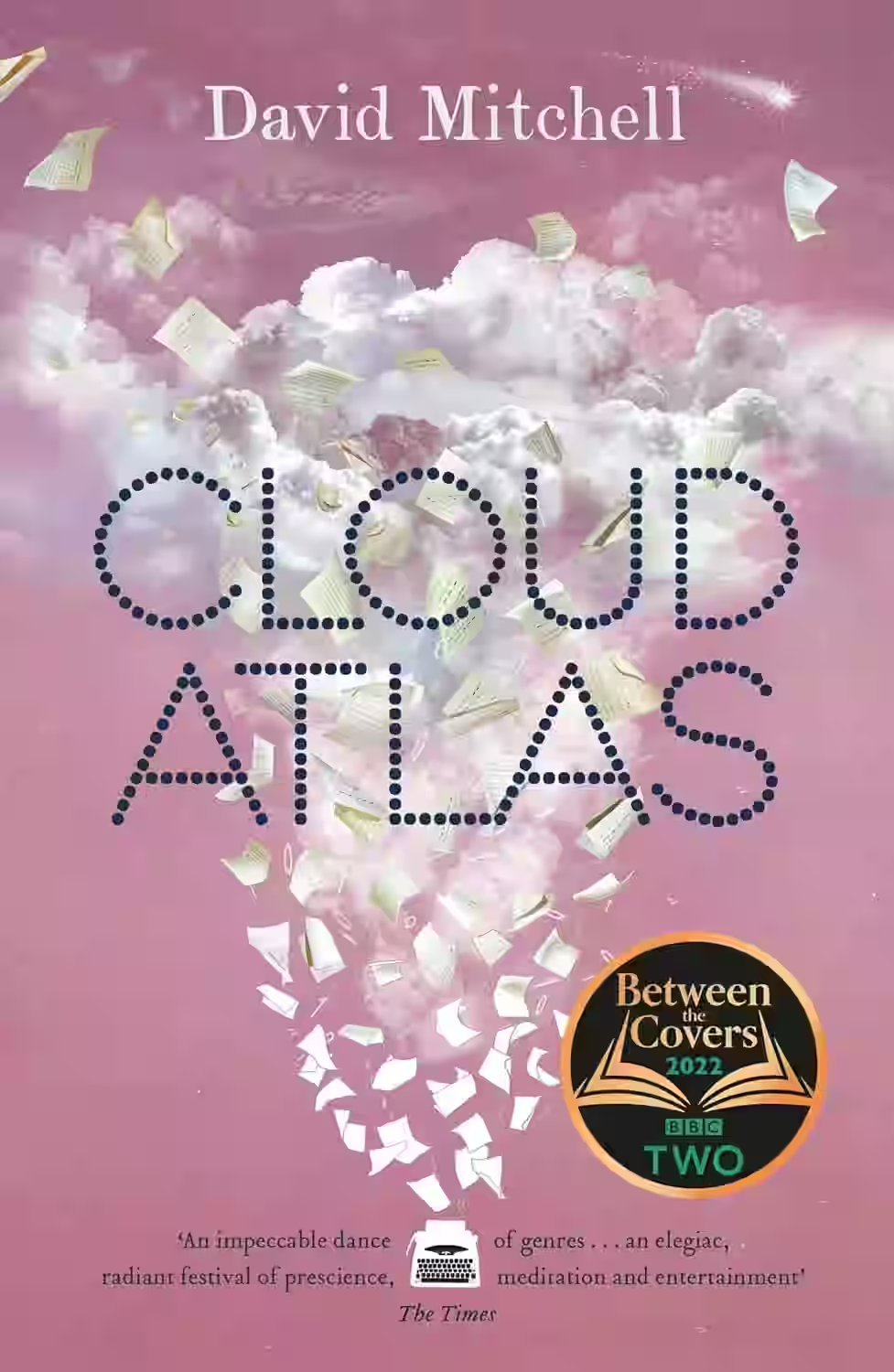
Cloud Atlas
Six nested stories span from the 19th century South Pacific to a post-apocalyptic future, each tale being discovered or experienced by the main character in the next. The novel explores how lives echo through time, examining themes of power, predacity, and the connections that transcend time and space.
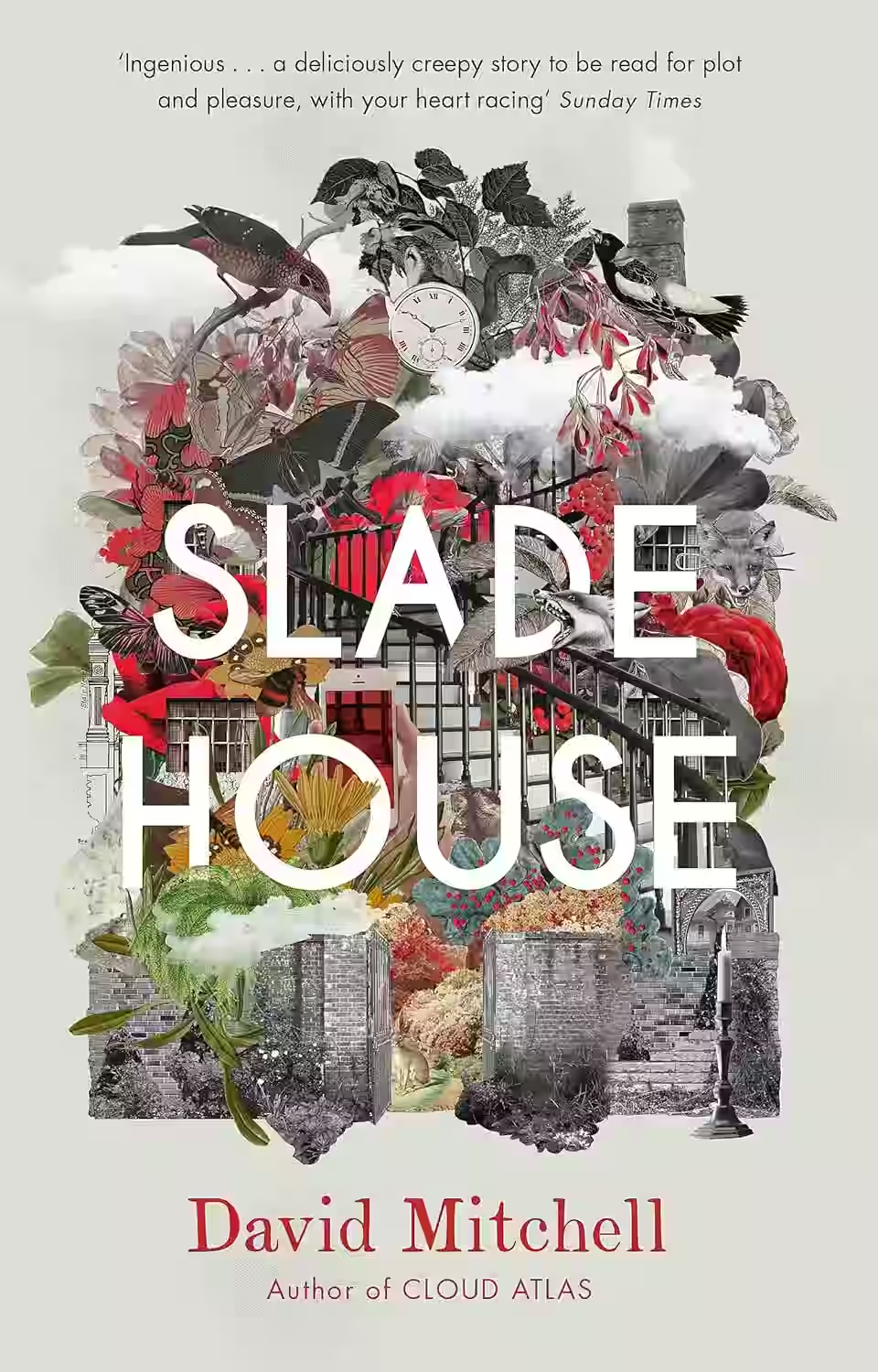
Slade House
In David Mitchell's 'Slade House,' readers are taken on a chilling and mysterious journey through a haunting house that only appears once every nine years. As unsuspecting visitors are lured into its depths, they become entwined in a sinister web of deceit and supernatural forces. Mitchell masterfully weaves together elements of horror, fantasy, and psychological suspense, creating a narrative that is both gripping and unsettling. The themes of loss, memory, and the eternal battle between good and evil are expertly explored, keeping readers on edge until the final page. 'Slade House' is a haunting and captivating read that will leave a lasting impression.
Similar Books
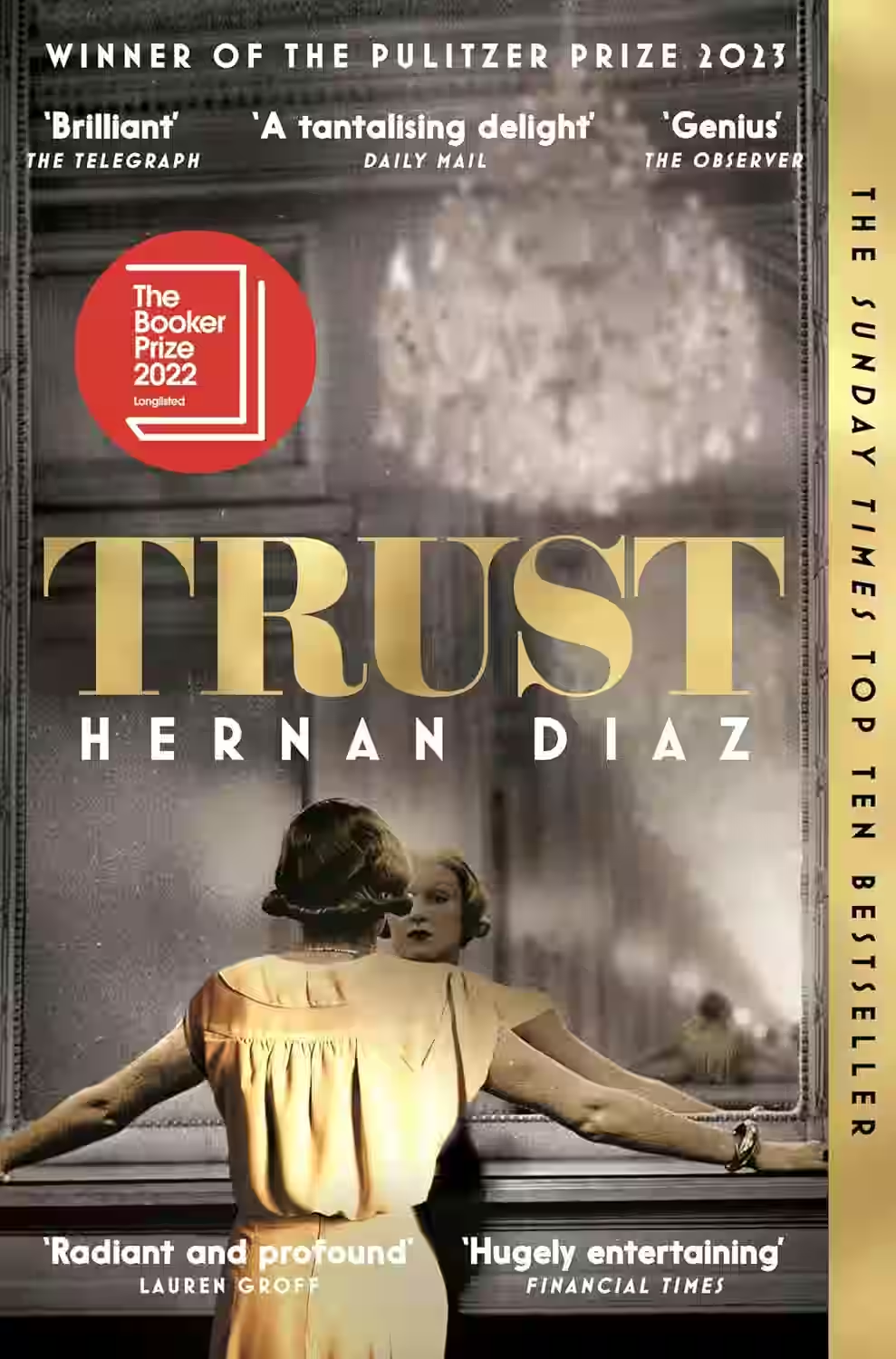
Trust
by Hernán Diaz
Can one person change the course of history? A Wall Street tycoon takes a young woman as his wife. Together they rise to the top in an age of excess and speculation. But now a novelist is threatening to reveal the secrets behind their marriage, and this wealthy man’s story - of greed, love and betrayal - is about to slip from his grasp. Composed of four competing versions of this deliciously deceptive tale, Trust by Hernan Diaz brings us on a quest for truth while confronting the lies that often live buried in the human heart.
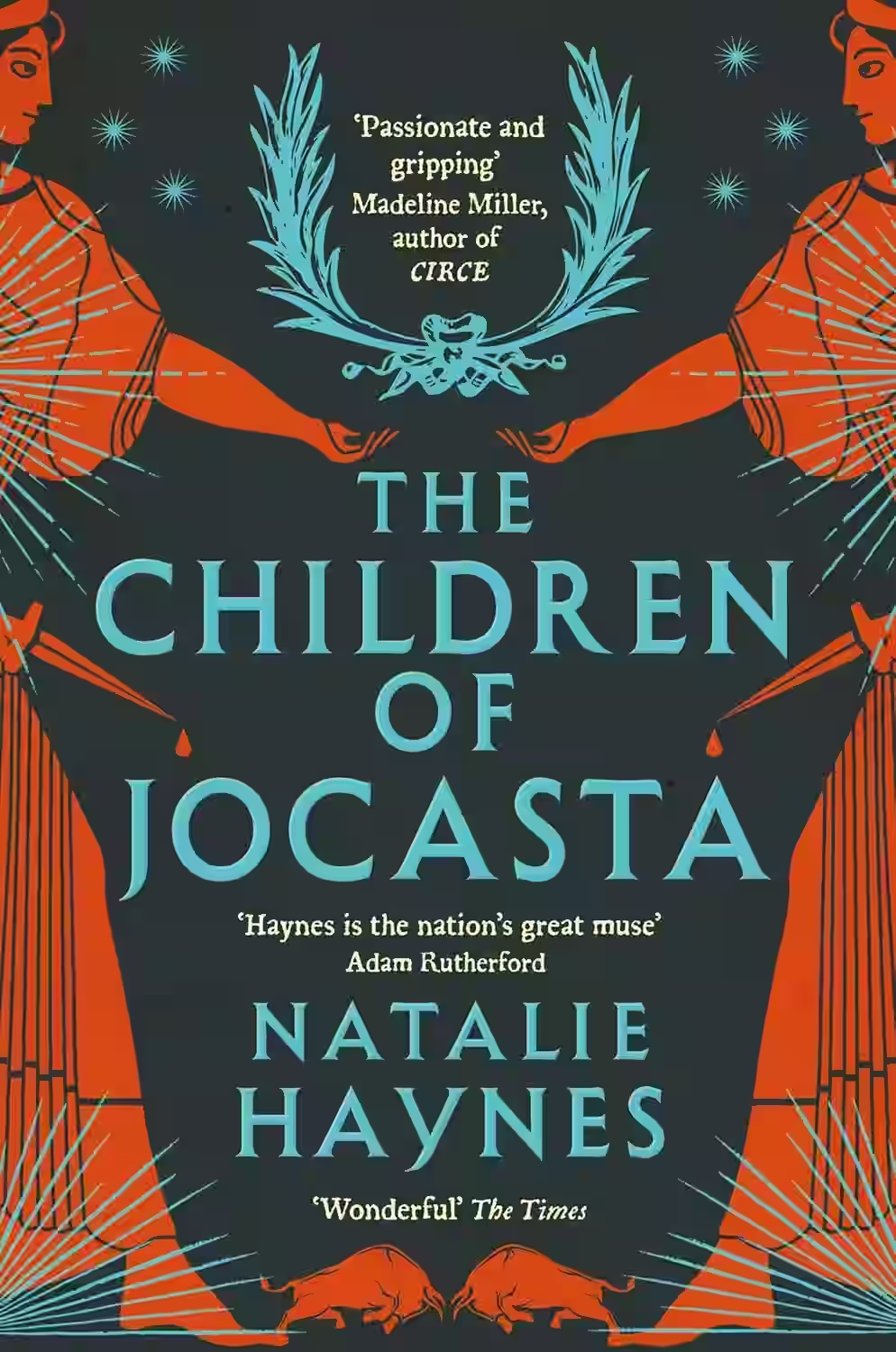
The Children of Jocasta
In 'The Children of Jocasta', Natalie Haynes masterfully reimagines the classic tales of Oedipus and Antigone from a fresh perspective—a lens that brings women’s voices, often muted in Ancient Greek mythologies, to the forefront. This novel weaves the parallel stories of Jocasta and her daughter Ismene, offering a nuanced exploration of love, power, and choice amid the backdrop of a cursed lineage. Jocasta’s quiet strength and Ismene’s unyielding resilience breathe new life into familiar tales, while Haynes’s elegant prose enriches the narrative’s emotional depth. Engaging with timeless themes of fate and identity, this reinterpretation compels readers to reexamine the silenced stories within classical works and appreciate their enduring relevance.
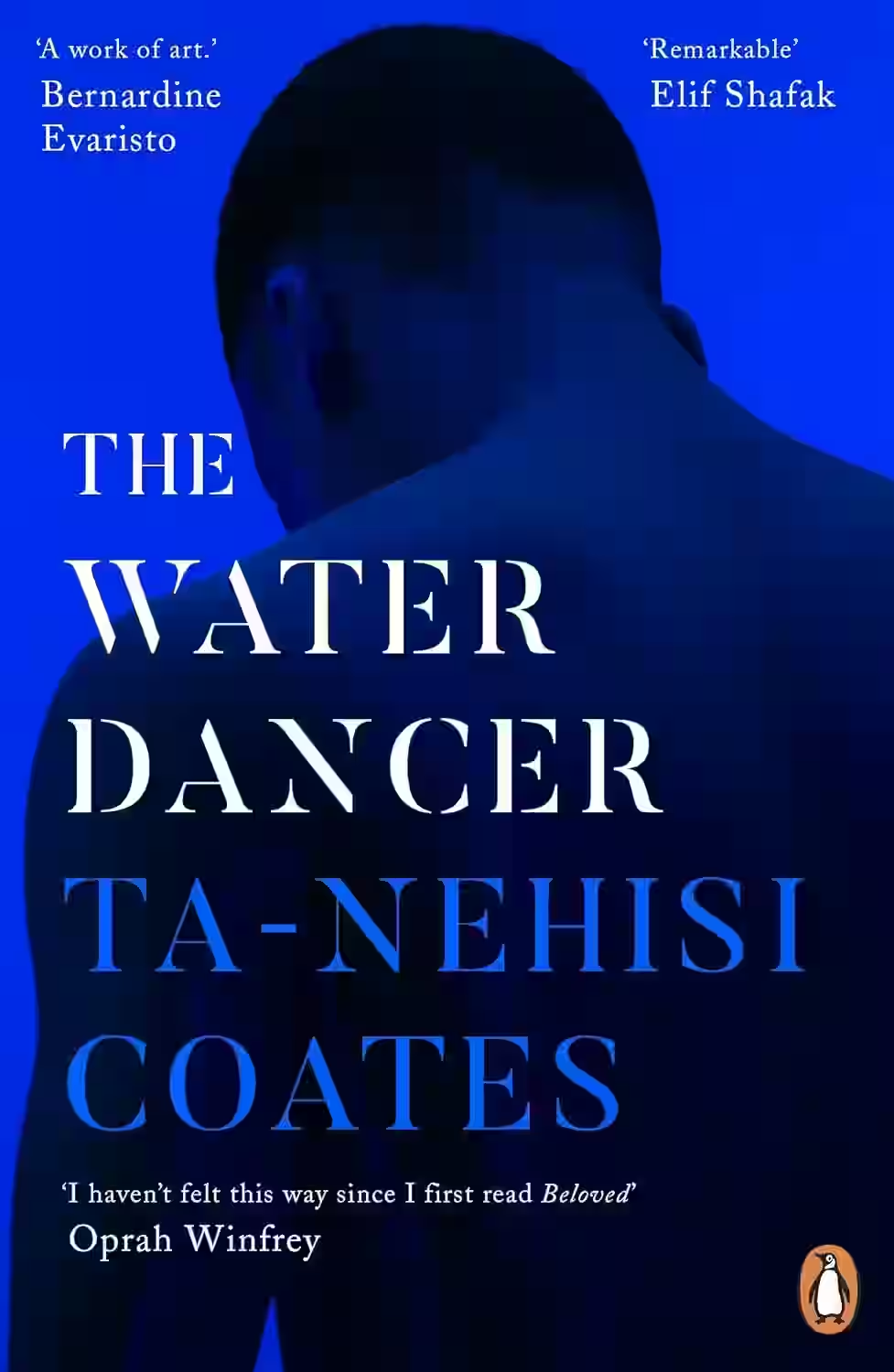
The Water Dancer
Ta-Nehisi Coates' debut novel, The Water Dancer, blends historical fiction with magical realism to tell the story of Hiram Walker, a young man born into slavery with a mysterious power. After a near-death experience, Hiram discovers he possesses a supernatural ability called "conduction," which aids in his quest for freedom. The novel explores themes of memory, family, and liberation, offering a fresh perspective on the antebellum South and the Underground Railroad. Coates' lyrical prose and imaginative storytelling create a compelling narrative about the enduring human spirit.
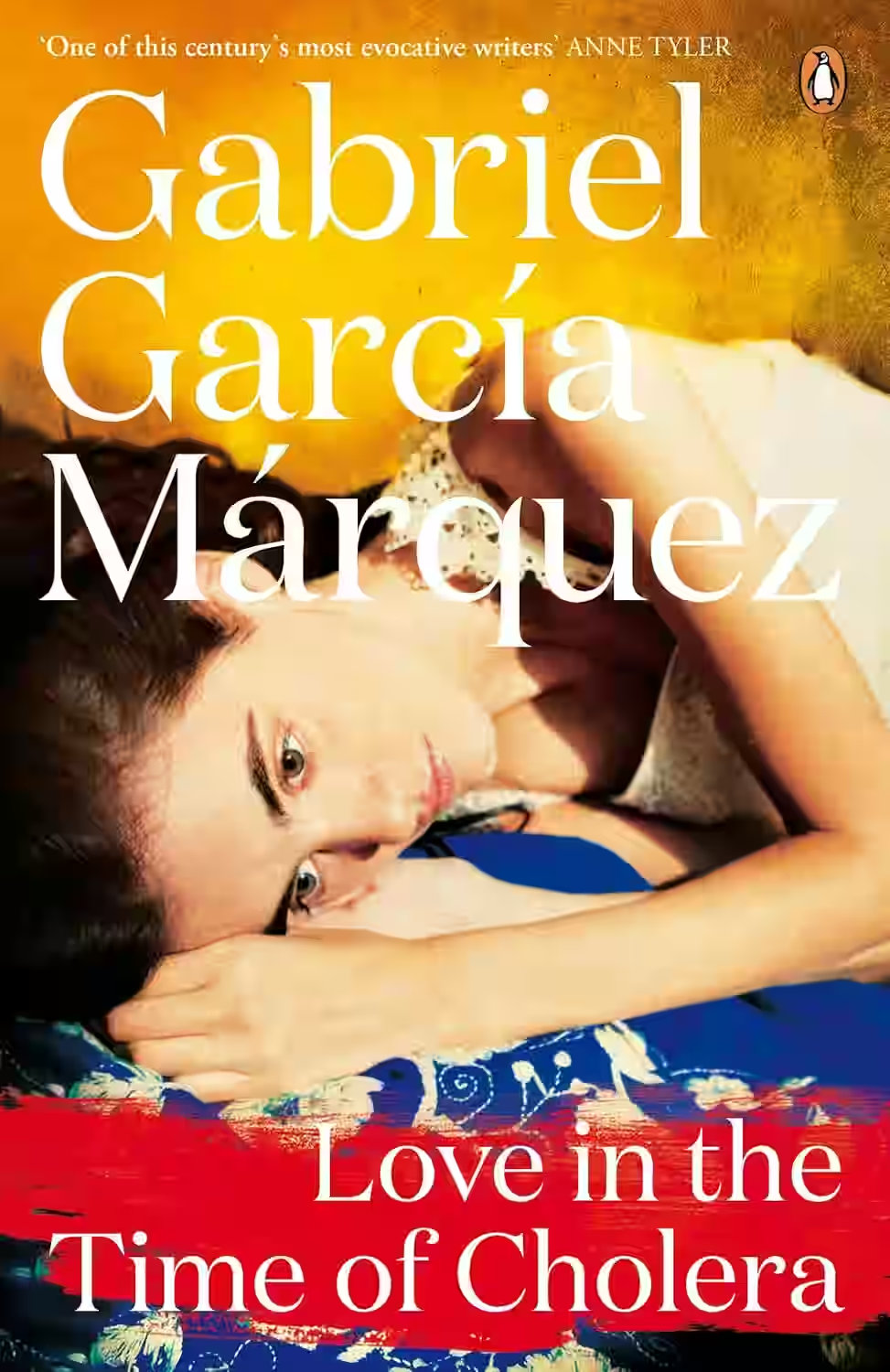
Love in the Time of Cholera
This sweeping novel tells the story of Florentino Ariza and Fermina Daza, whose love endures decades of separation, marriages, and aging. Set in a Caribbean port city, the novel explores love in its many forms—romantic, obsessive, practical, and enduring—against a backdrop of cholera epidemics and social change. Márquez’s lush prose and magical realism illuminate the psychological complexities of love, aging, and time. Deeply philosophical yet sensuous, the novel questions whether love can truly last a lifetime—or even grow stronger with time. It’s a richly poetic meditation on devotion, human frailty, and the romantic ideals we cling to.